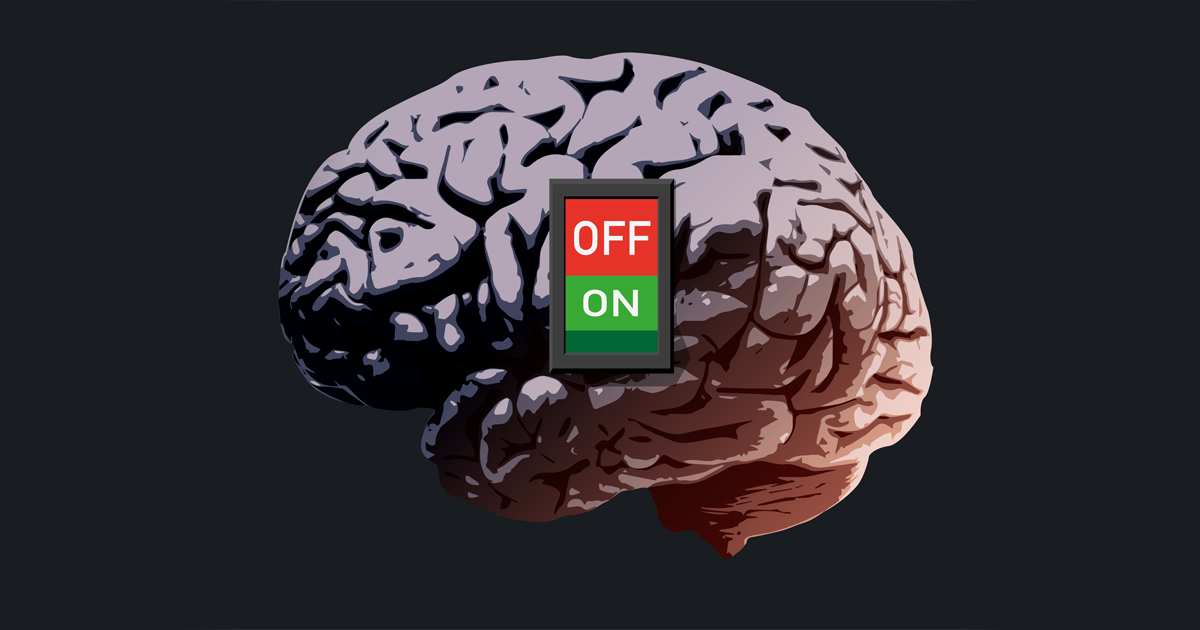It was a couple of weeks before I set off for Bristol and an uncertain, but exciting life on the vet course that my mother – who’s been a member of the medical field for many years – began pointing out various dogs and cats to me as we passed them, stating that, once I began studying medicine, I would never look at these animals in quite the same way.
They would be patients, not just pets, she reminded me. In the same way she herself subconsciously clocked subtle signs and symptoms in the people she interacted with day to day, not even meaning to look for things a person without the same training or knowledge would ever think to look for.
At the time, I was dubious. To my mind, a cavalier King Charles spaniel would always be, to me, an adorable cavalier King Charles spaniel. Two years on, I can, perhaps begrudgingly, admit to her she was right.
A blessing and a curse
I think one of the greatest strengths of any medical profession – their extensive and almost unfathomable reserve of knowledge – is also their greatest curse.
There’s a reason they say doctors and nurses make the worst patients – it’s most likely because when you‘re drilled over your 5-year to 6-year course – whatever your poison – to consume gargantuan amounts of knowledge about anatomy, physiology, microbiology and how it all goes wrong, when it comes to your down time, you can’t just switch that off.
There’s no way to know all you need to know between 9am and 5pm, and then just un-know it until you need it again the following morning. Knowing everything that can and could go wrong is perhaps one of the plethora of reasons why medical staff – human and veterinary – suffer from stress the way they do.
Can’t help but think about…
To put this into context for you, I am a lover of fluffy breeds and, aside from empathising with them a little over the hotter months, I didn’t ever think too much about them in the way of anything remotely pathological.
Now, though, I can’t help but catch a glimpse of what is undoubtedly a very well-cared for animal without thinking about the dermatitis, the ear mites, the conjunctivitis…
I don’t want to be thinking about that, I can assure you. I’d much rather be thinking about the adorable dog I’ve just witnessed – but take it from me, it’s a really hard thing not to do; much like being told not to think about elephants and then finding yourself only thinking about elephants.
Wealth of knowledge
Don’t get me wrong; I love having this ever-growing pool of information at my fingertips. But is the knowledge of every disease or parasite I could ever contract slightly stressful? Yes. Is the act of learning all of these also somewhat stressful? Also yes.
But learning all this is half the reason any of us decided to become vets, doctors, nurses and so on in the first place. There’s a lot of good that can be done with it. For starters, I was completely unaware of the medical issues surrounding brachycephalic breeds until my first year on the vet course. If vets don’t know the worst that could happen, how can they advise owners on how to prevent or manage it?
One of the greatest responsibilities of medical practitioners is to educate; to pass the knowledge on. It will be a part of your life in a much wider capacity than just your career, so it’s not something to be scared of, but taken advantage of.

Leave a Reply